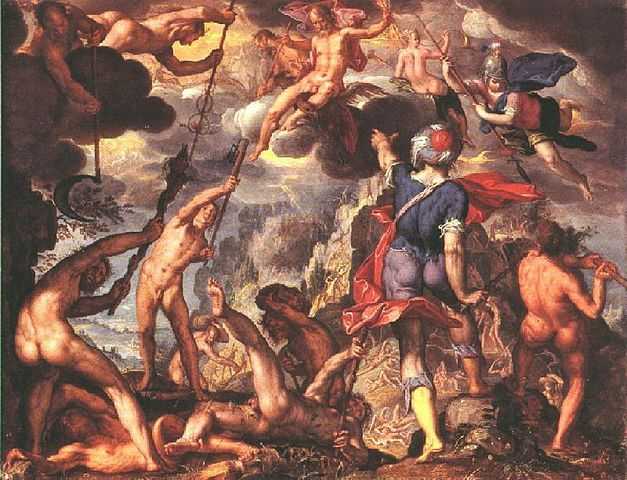Accueil>Religious Worldmaking

25.11.2024
Religious Worldmaking
À propos de cet événement
Du 25 novembre 2024 à 14:30 au 26 novembre 2024 à 15:30
Salons scientifiques
1 pl. Saint-Thomas-d'Aquin, 75007, ParisOrganisé par
CERIFinal conference of the NERELUN project (Negotiating Religion at the United Nations)
This project has received funding from the European Union’s Horizon 2020 research and innovation programme under Grant agreement n. 101032546.
In a world dominated by states, secular practices may appear to underpin the basic common framework that enables state and non-state actors alike to pursue their individual goals and projects. Yet religion remains a potent force, mainly because it serves as a means for states to advance their ideological projects, but also because of confessional actors that defend their beliefs in a world system marked by secular ideology. There is a myriad of ways in which religion serves to advance ideological projects domestically and internationally, that destabilise or stabilise shared understandings of basic norms underpinning international order, or give rise to new norms.
The aim of this workshop is to account for the types of effects that the ideological use of religion has on the normative structure of world order, against a backdrop of global reordering and fundamental uncertainty about basic norms and their sustainability. More specifically, it seeks to explore three aspects of ideological uses of religion that aim to:
i. redefine or undermine fundamental norms (e.g. ius cogens) that are universally shared and accepted;
ii. restore or strengthen fundamental norms;
iii. create new fundamental norms or universalise particularist practices.
The overarching objective is to explore the diversity of effects and the vector of their movement in relation to change and continuity in the global normative structure.
Day 1 II 25 November II
14.30-14.45 Introduction
14.45-16.00 - Keynote lecture
History and the Limits of the Political Imagination
Prof. Faisal Devji, University of Oxford (45 min lecture, 30 discussion)
Break
16.10-18:10 Panel I – RECASTING NORM
Religious soft power and youth (re-)education: Competing Orthodoxies and war in Ukraine
Precious N Chatterje-Doody, The Open University
Israel’s right to self-defense: messianic manifestations in international law
Sara Troian, Maynooth University
Israeli nuclear weapons and the divine
Heba Taha, Lund University
The culturalisation of Chinese environmental discourse
Valentina Pettosini, University of Siena
Day 2 II 26 November II
9.30 -11.00 Panel II – APPROPRIATION/RESTORATION OF NORMS
The religious challenge to the secular: The case of Turkey
Ceren Lord, University of Oxford
Secular Islam: Moroccan ‘Ulama and the Conception of Modern State
Salim Hmimnat, University Institute of African, Euro-Mediterranean and Ibero-American Studies, Mohammed V University, Rabat
Islam and Securitization in the Anthropocene: Muslim Responses to Environmental Challenges
Ibrahim al-Marashi, California State University
Stigma-management at war: Hezbollah and the protection of civilians
Marina Calculli, CERI - Sciences Po
11:30-13:00 Lunch Break
13.00-15.00 Panel III – CREATION OF NEW NORMS
The religious origins of the “just war” ideology and its consequences in recent international armed conflicts
Vinícius Alexandre Fortes de Barros, University of Cambridge
Postcolonial Populists - Decolonial Worldmaking after its Appropriation by the Authoritian Religious Right
Kira Huju, London School of Economics
‘Third Worldling’ International Organization: The Parallel Quests of Santa-Cruz and Aga Khan for a New International Institutional Order (1946-2002)
Daniel R. Quiroga-Villamarín, Institut de Hautes Études Internationales et du Développement (Geneva, Switzerland) and Negar Mansouri, Copenhagen Business School.
The geonarrative of Iranian soulcraft
Mohamed Forough, Erasmus University Rotterdam
15:00-15.15 Concluding remarks
Gjovalin Macaj, University of Leiden
(crédits : Public domain - Wikimedia Commons.)
À propos de cet événement
Du 25 novembre 2024 à 14:30 au 26 novembre 2024 à 15:30
Salons scientifiques
1 pl. Saint-Thomas-d'Aquin, 75007, ParisOrganisé par
CERI